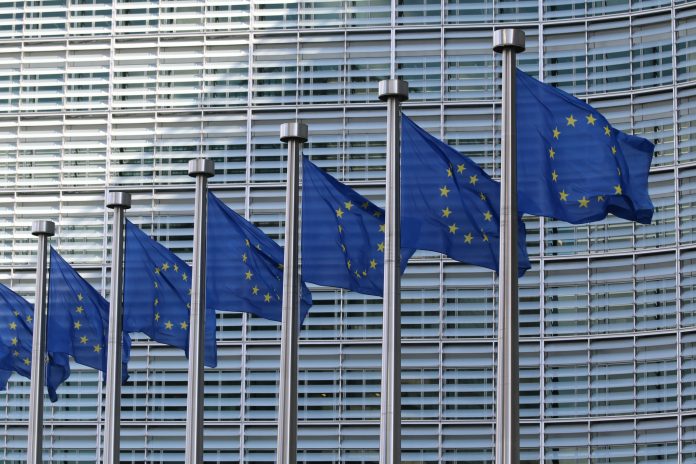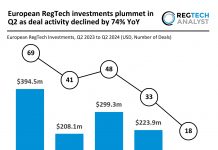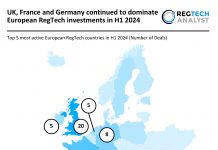The European Commission has adopted the European Sustainability Reporting Standards (ESRS), significantly expanding the scope of sustainability reporting.
Under the new rules, over 50,000 companies will be required to provide sustainability disclosures, up from around 12,000.
The ESRS is aimed as a major update to the 2014 Non-Financial Reporting Directive (NFRD) and introduces more detailed reporting requirements on company impacts related to the environment, human rights, social standards, and sustainability-related risks.
The ESRS delegated act will be passed along to the EU Parliament and Council for a two-month scrutiny period, with implementation set to begin for some companies for the financial year 2024.
Some sustainability-focused investor groups expressed concerns regarding the Commission’s removal of the mandatory nature of several sustainability disclosures in the ESRS.
The Commission also highlighted interoperability between ESRS and other sustainability reporting standards, such as the ISSB and GRI standards.
The development of the ESRS began in June 2020 when the European Financial Reporting Advisory Group (EFRAG) was mandated to create new sustainability reporting standards. In November 2022, the final ESRS draft was submitted, reducing the number of reporting requirements to ease the administrative burden on companies.
In June 2023, the European Commission proposed the final version of the ESRS, allowing companies to focus on sustainability factors they consider material to their business. Additional changes included the phasing in of certain requirements and the ability for some companies to opt out for up to two years.
Eurosif Executive Director Aleksandra Palinska said, “We regret that the investors’ calls to retain key ESG indicators as mandatory have not been heard. Investors need specific corporate disclosures to allocate capital in line with EU Climate Law and Green Deal objectives and to prepare their own sustainability-related disclosures.”
Commissioner for Financial Services, Financial Stability and Capital Markets Union Mairead McGuinness said, “The standards we have adopted today are ambitious and are an important tool underpinning the EU’s sustainable finance agenda. They strike the right balance between limiting the burden on reporting companies while at the same time enabling companies to show the efforts they are making to meet the Green Deal Agenda, and accordingly have access to sustainable finance.”
Copyright © 2023 RegTech Analyst
Copyright © 2018 RegTech Analyst






